– Is this really northern Kosovo? The region appears even more Serbian than Serbia itself, so this is a question every unwary traveler may ask upon entering Kosovo for the first time. We are no different, either. While we only see a few national flags when traveling through Serbia, there are hardly any electricity poles in the towns of northern Kosovo that are not draped or decorated with a Serb flag. Local residents have also hung flags on their windows and fences.
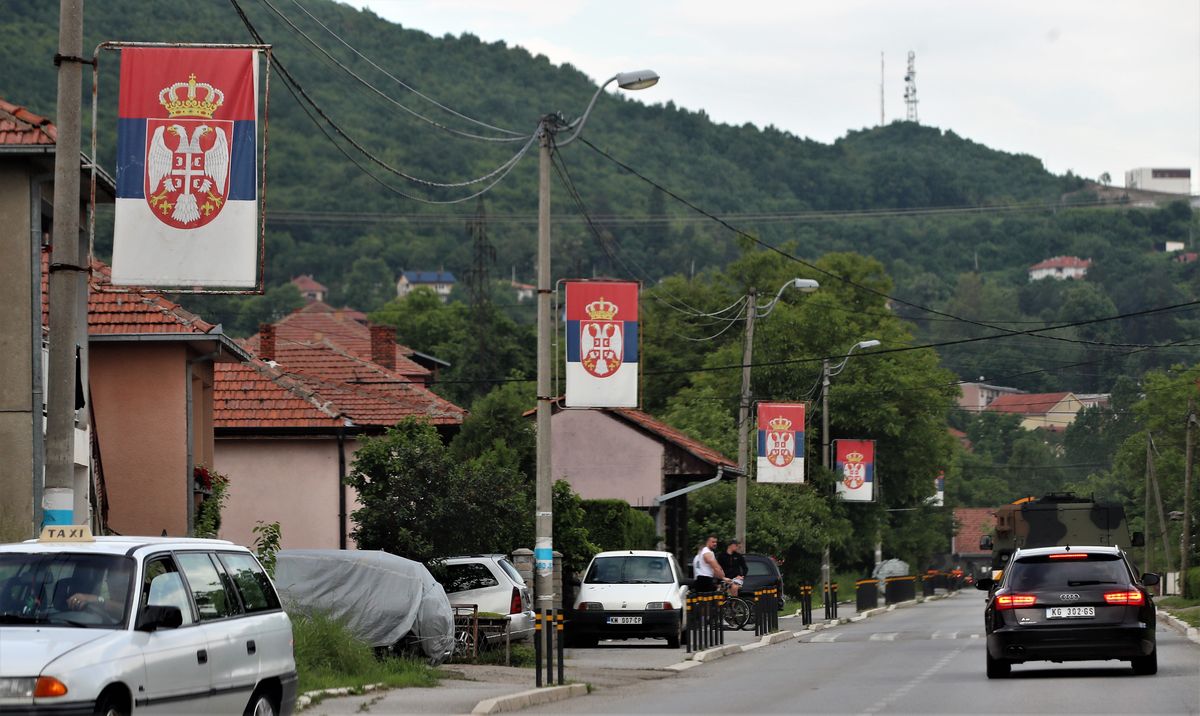
Passing through the first settlements in northern Kosovo, we see many banners carrying the slogan: "This is Serbia!" The purpose of all these flagpoles is clear: Serbs, who see Kosovo as the cradle of Serbian religion and culture, want to demonstrate that at least part of Kosovo with an Albanian majority, the one that broke away from Serbia in 2008, wants to live with the motherland.
These are the root causes of tension in Kosovo
Kosovo, boasting nearly two million inhabitants in the former Yugoslavia once ruled by Tito, was a province of Serbia, the largest of the six republics. But even during the socialist era, the situation between the state's founders, the Serbs - who view Kosovo Polje (Rigomezo) as the cradle of the nation - and the Albanians, who were a minority in a political sense, was tense. The Serb community was dwindling due to poor demographics and emigration, putting Albanians in the majority by more than 80 per cent.
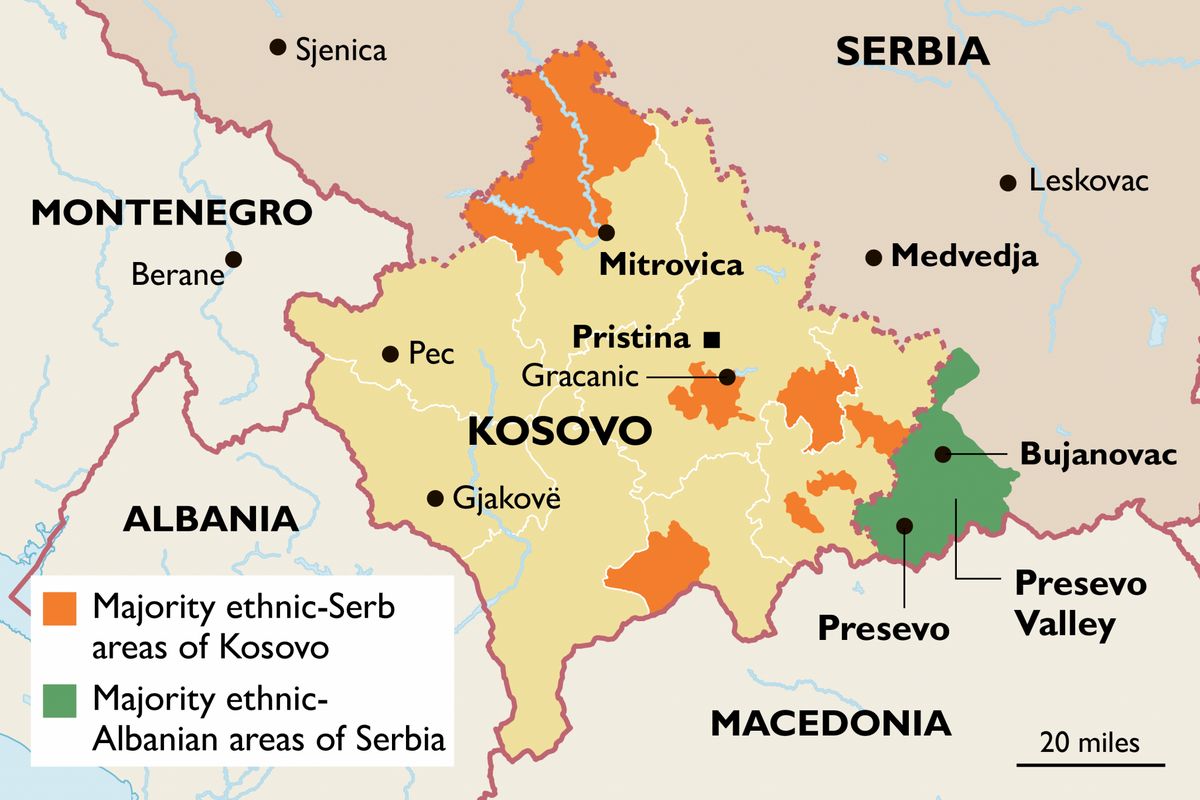
Speaking in political terms, however, the Serbs retained their right to political dominance. When Slobodan Milosevic came to power at the end of the 1980s, the Albanians became more and more vocal in their demand for secession from Serbia.
At the end of the 1990s, police and military units sent from Belgrade, as well as the Serbian Free Corps that had been dispatched to the battlefields of the South Slavic war, became increasingly violent against the Albanians.
During the armed clashes in Kosovo in 1998 and 99, more than 13,500 people, mostly Albanians, were killed and over 6 thousand disappeared. Within days of the guns falling silent, 37,000 peacekeepers from 36 countries arrived, marking the beginning of a new era in Kosovo, which declared independence nine years later, on February 17, 2008.
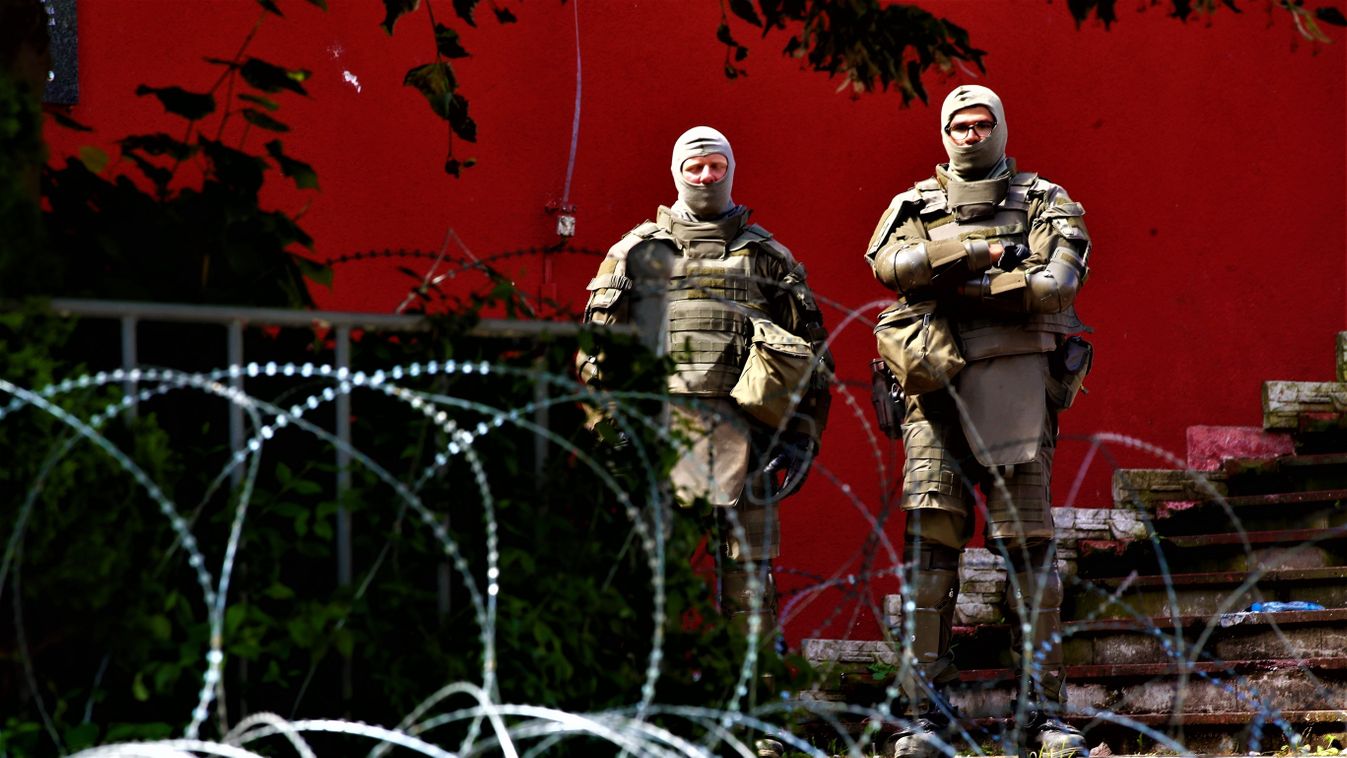
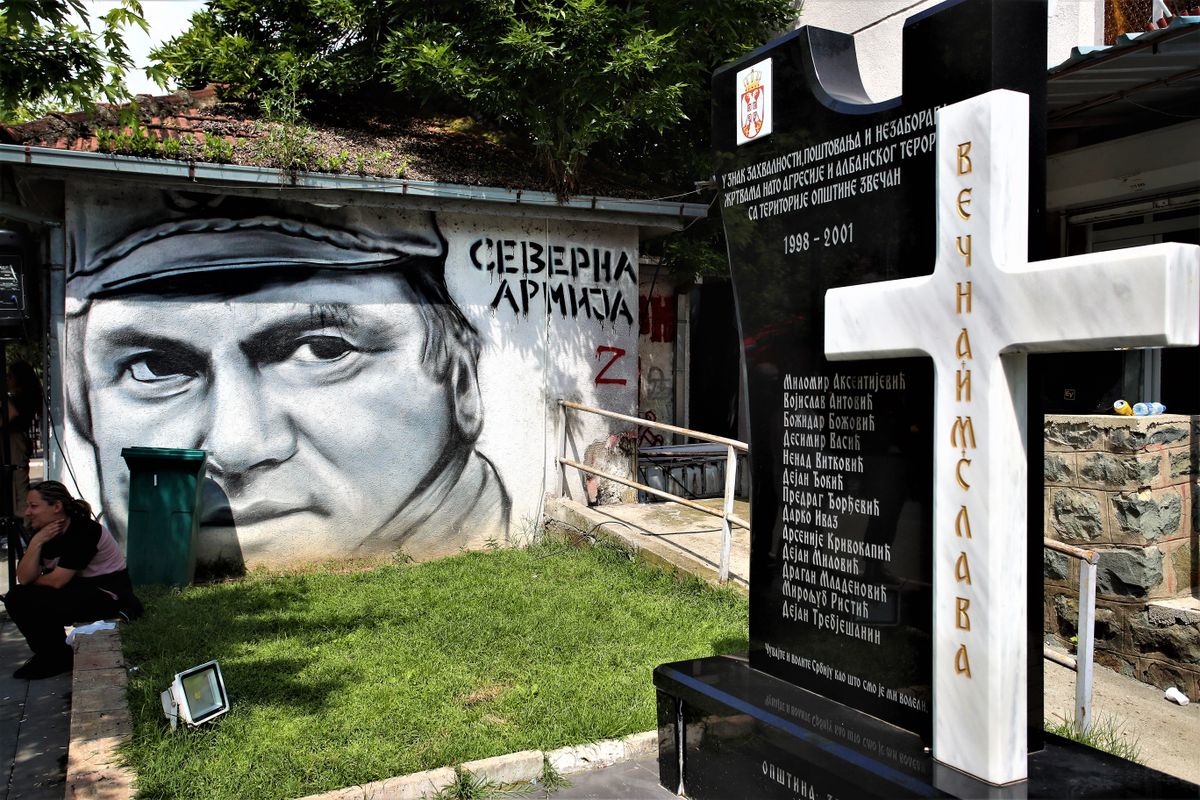
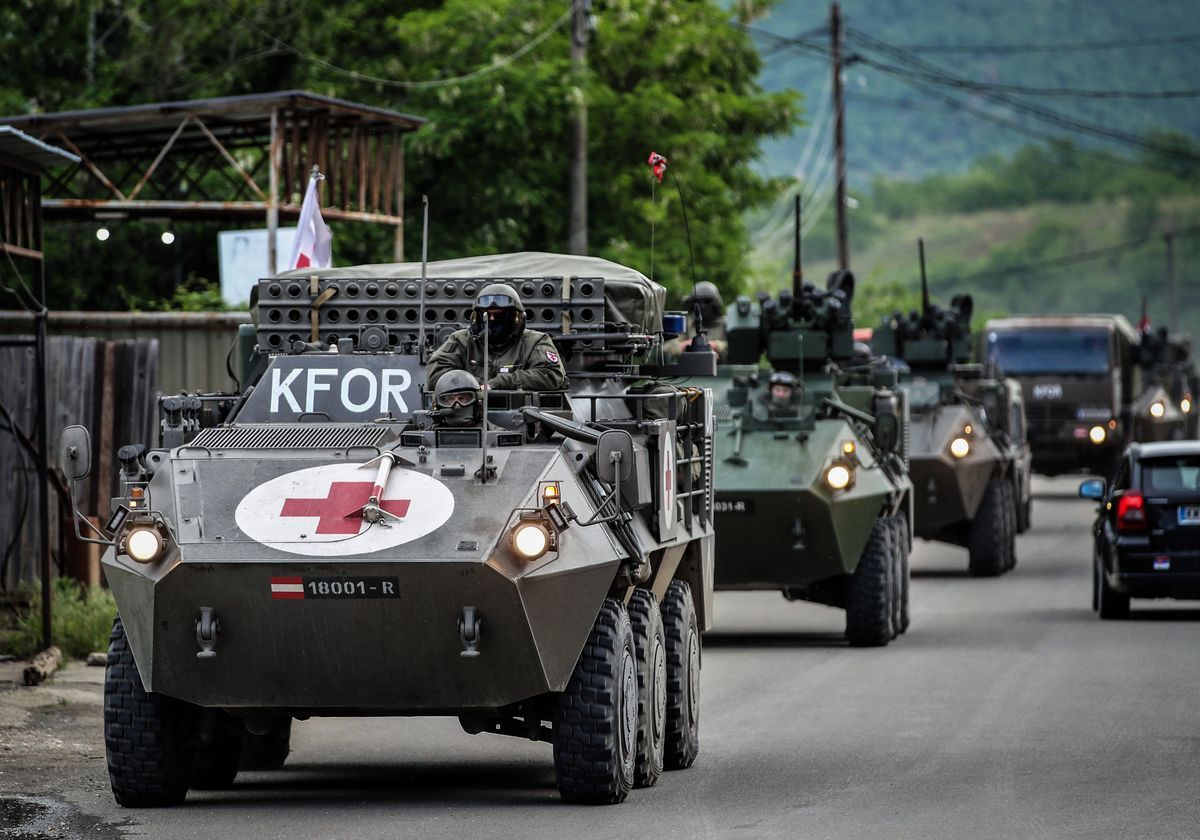
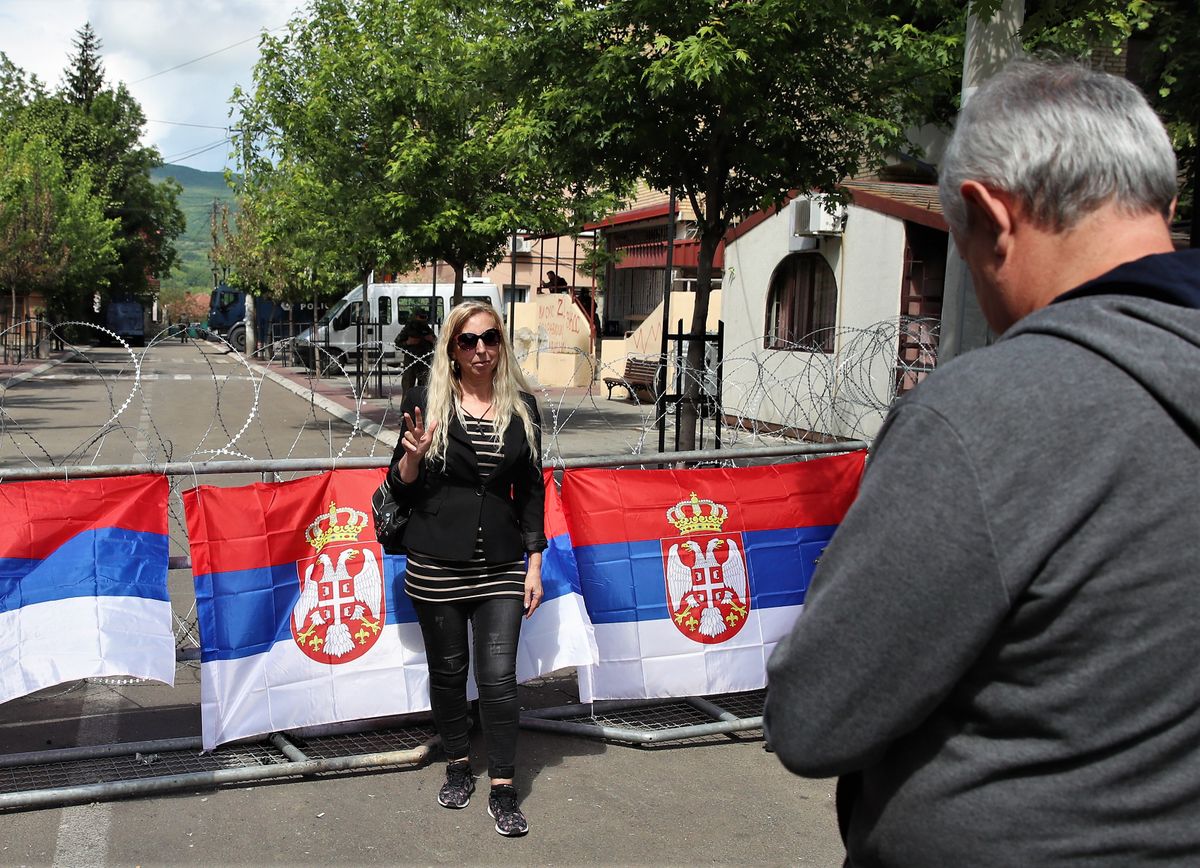
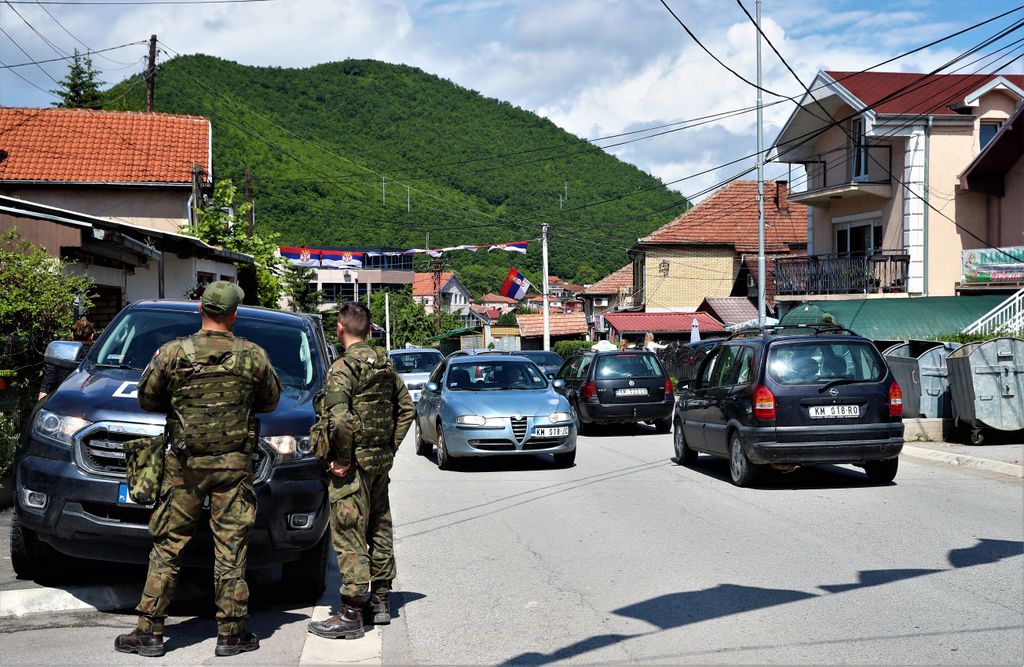
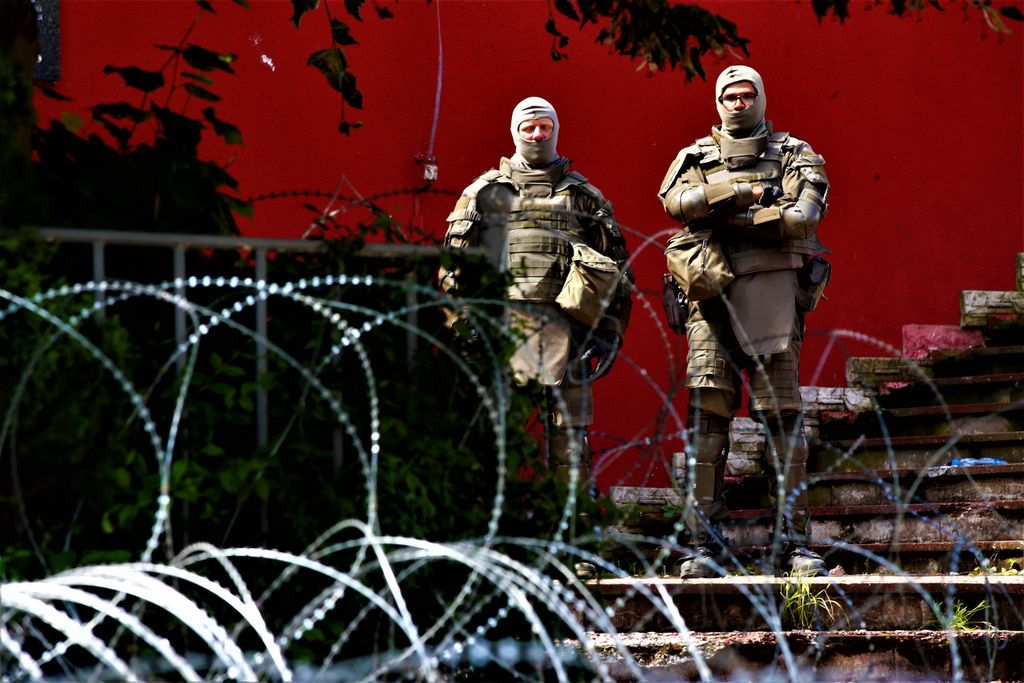
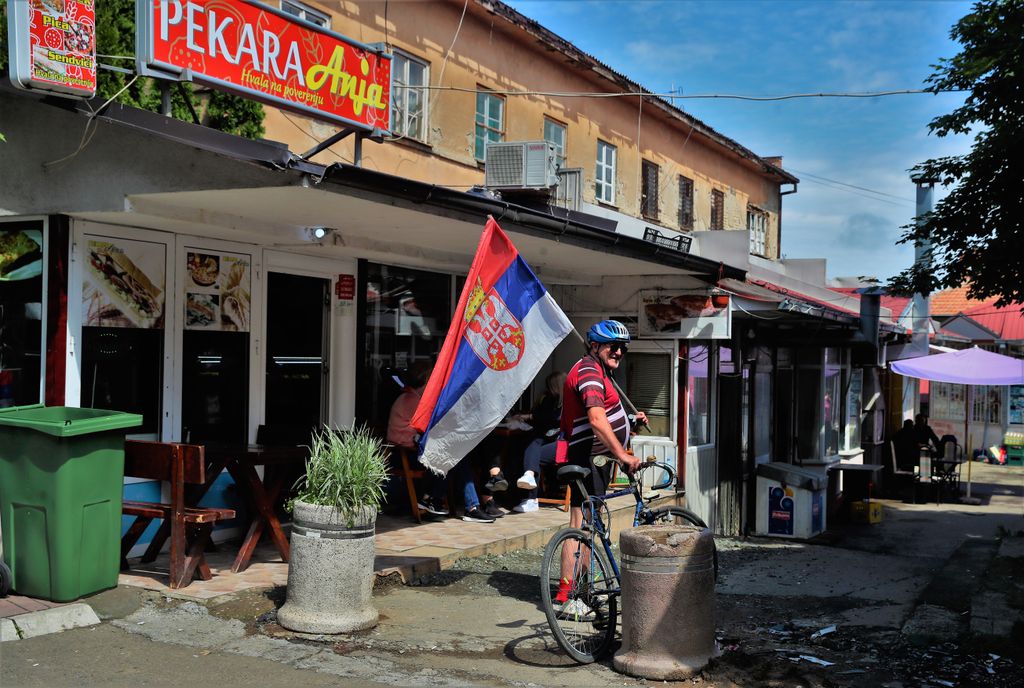
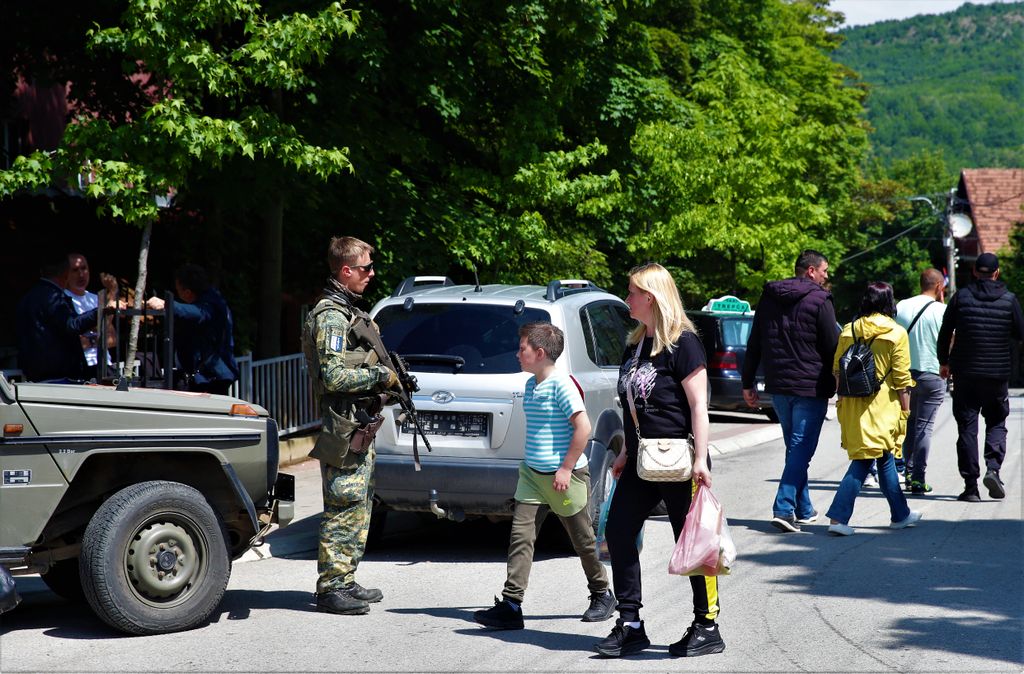
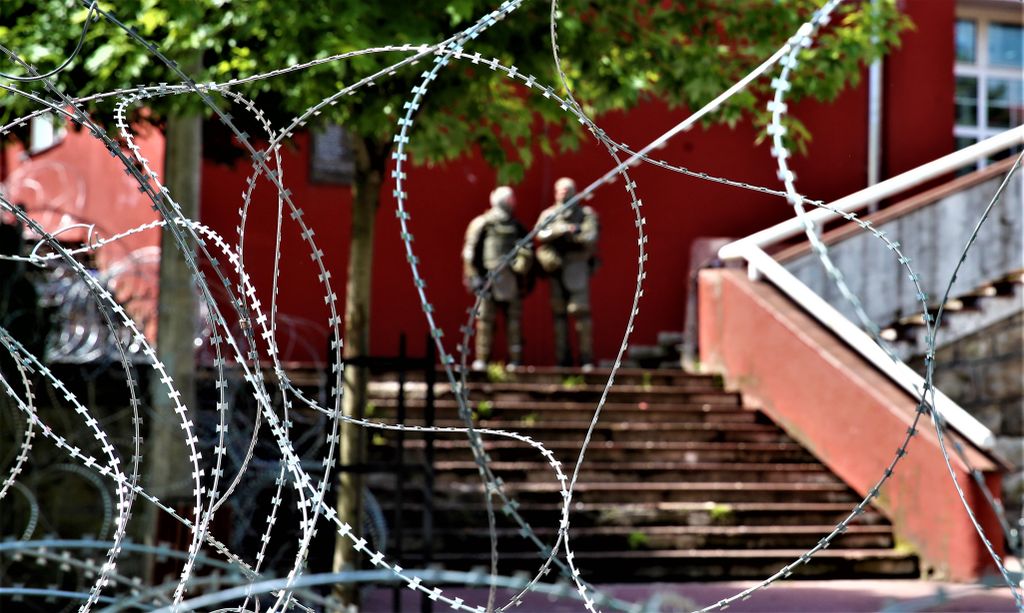
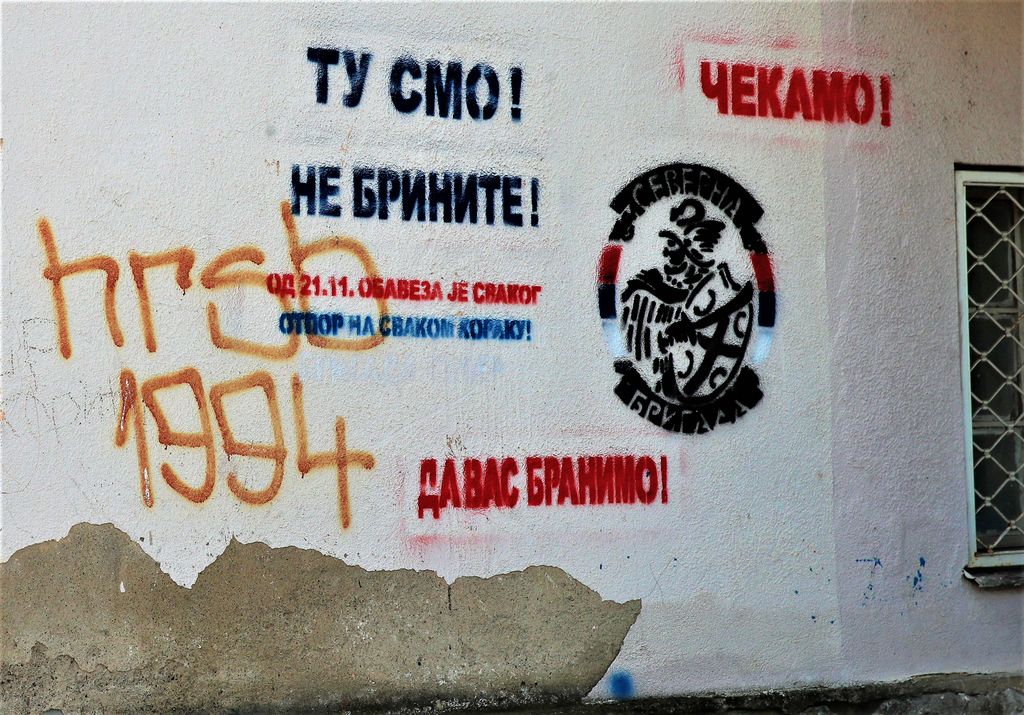
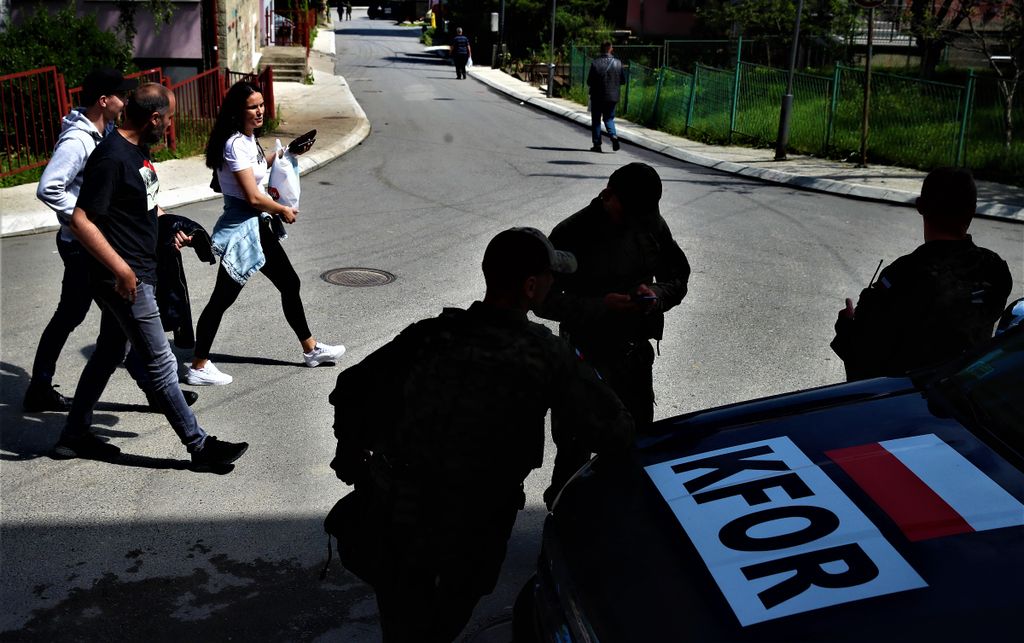


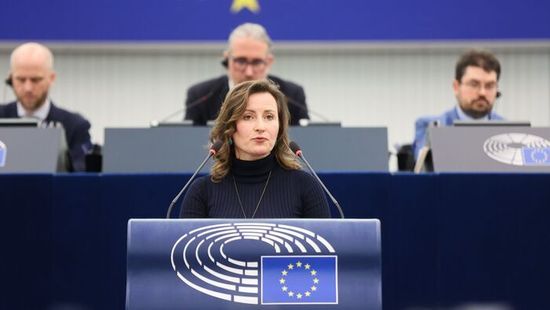
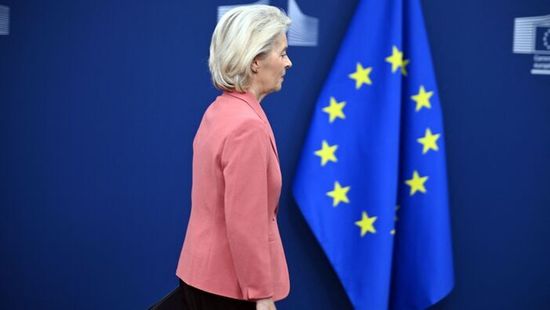
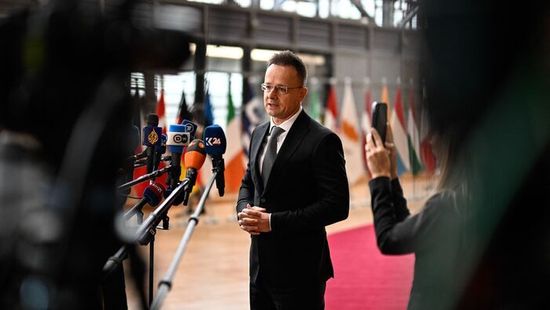

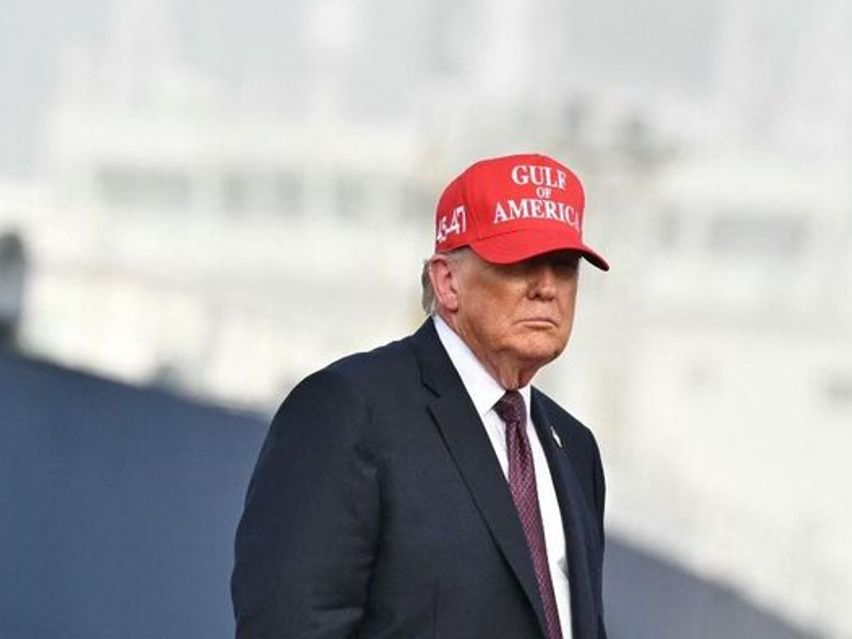
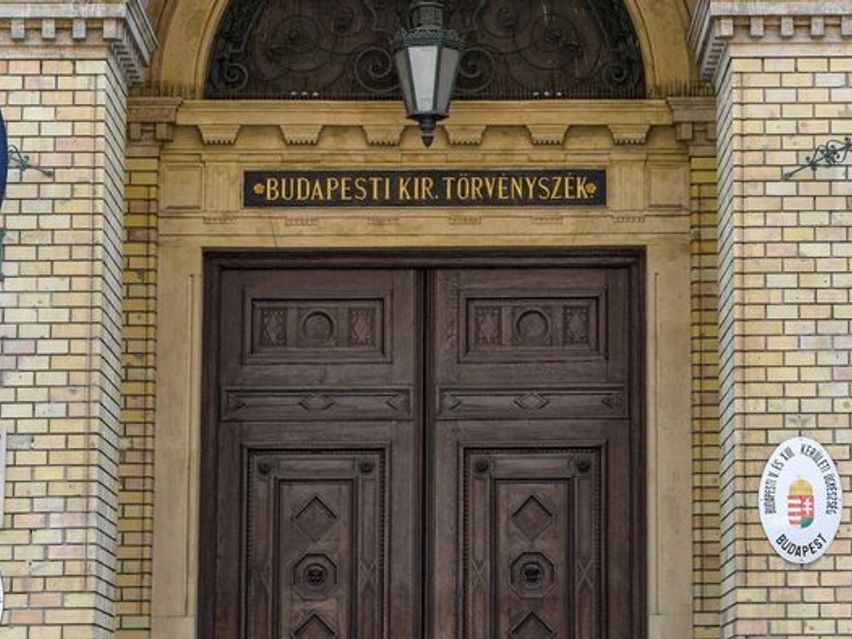
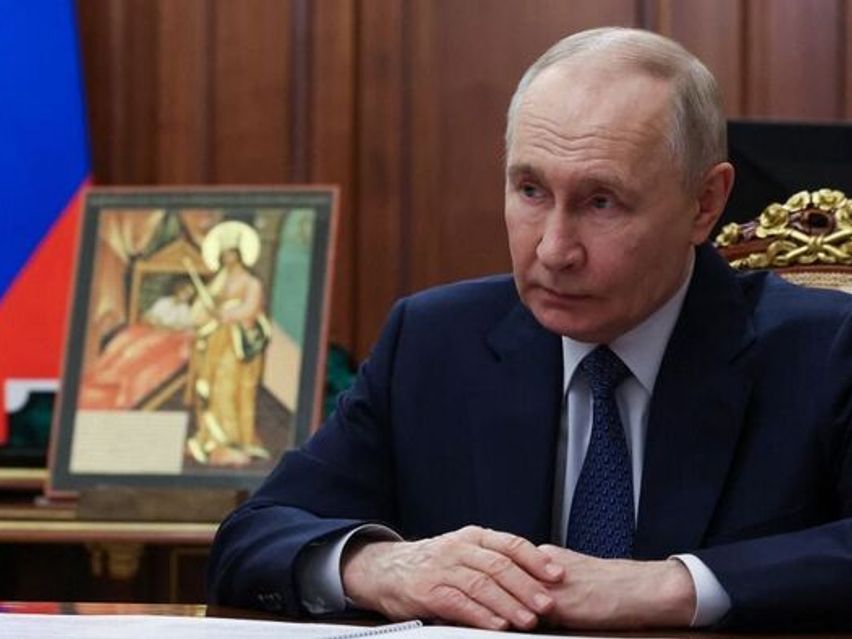
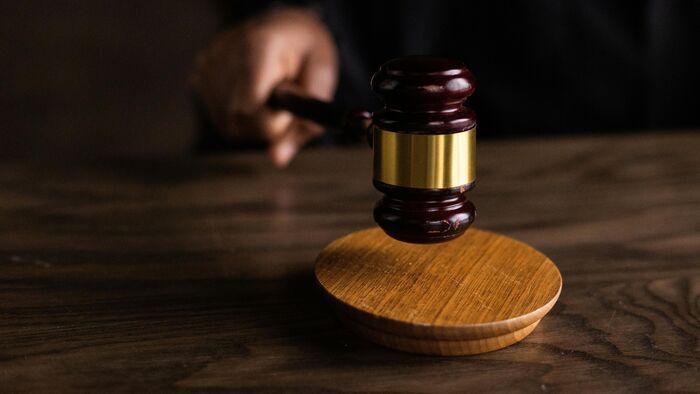

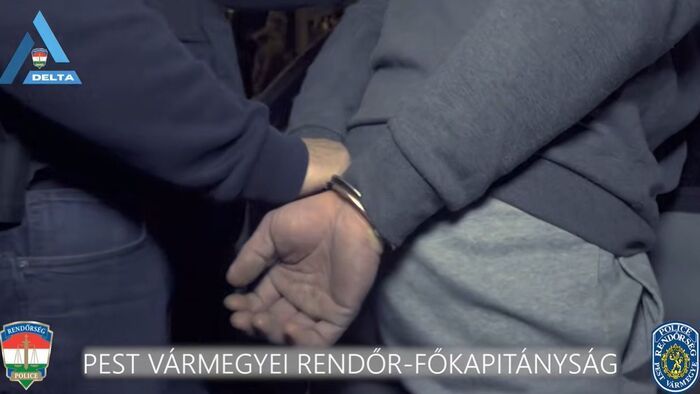

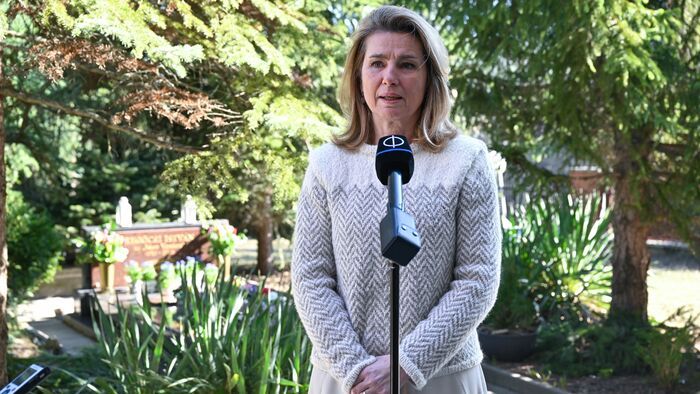
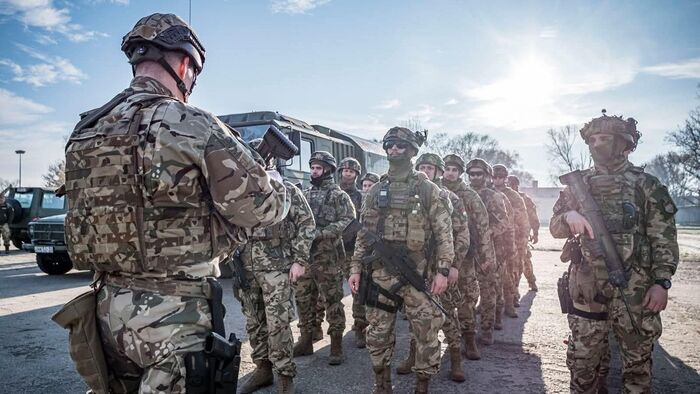
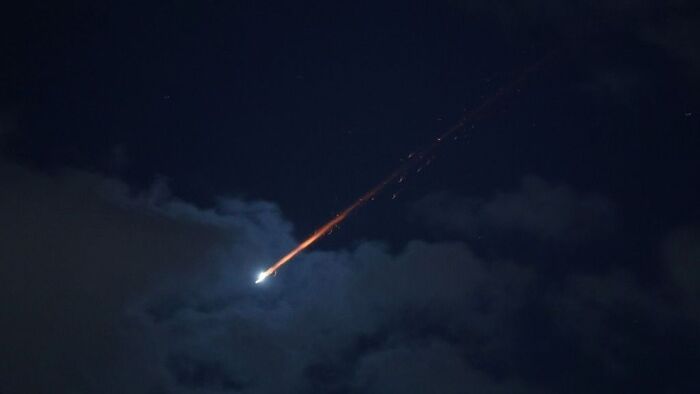
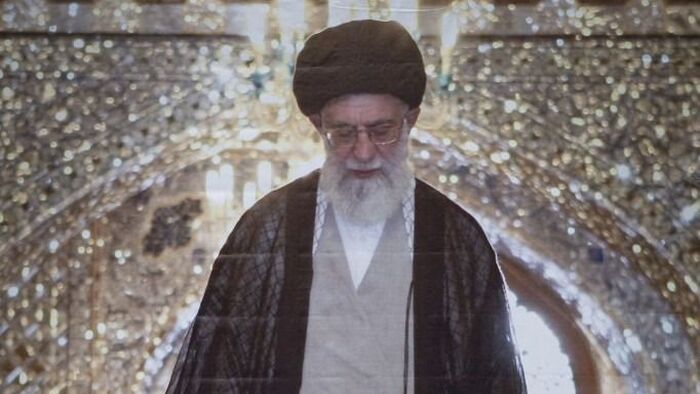
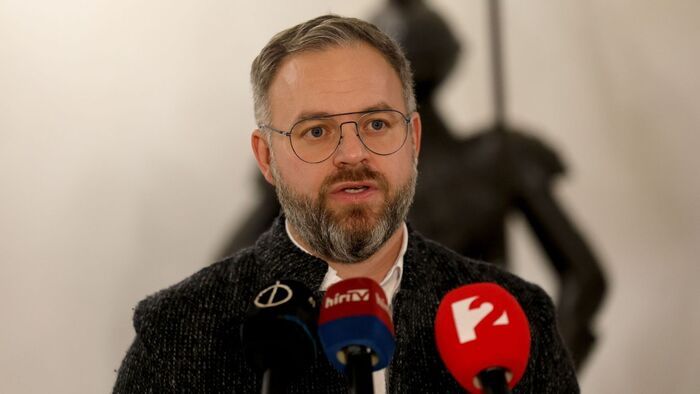


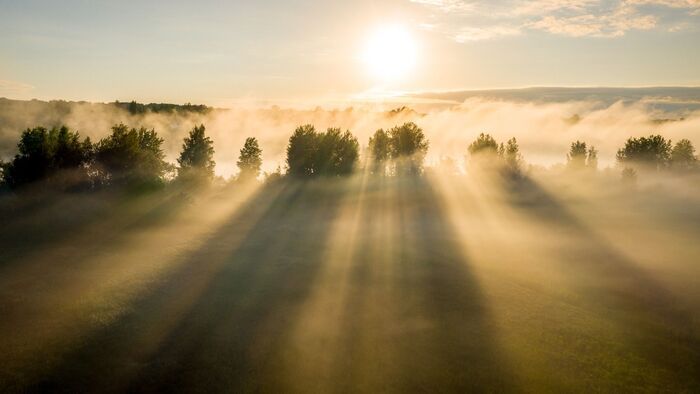
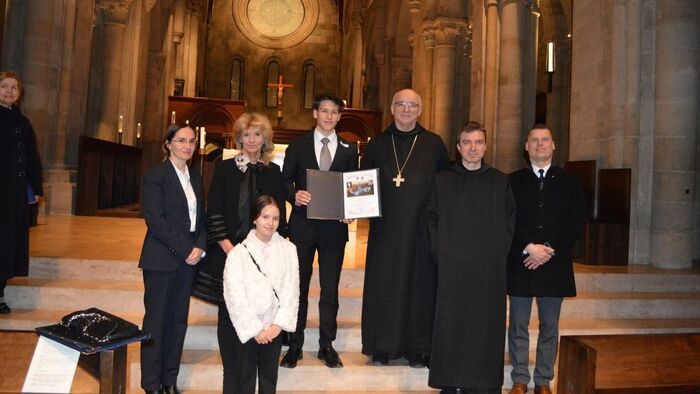

Szóljon hozzá!
Jelenleg csak a hozzászólások egy kis részét látja. Hozzászóláshoz és a további kommentek megtekintéséhez lépjen be, vagy regisztráljon!